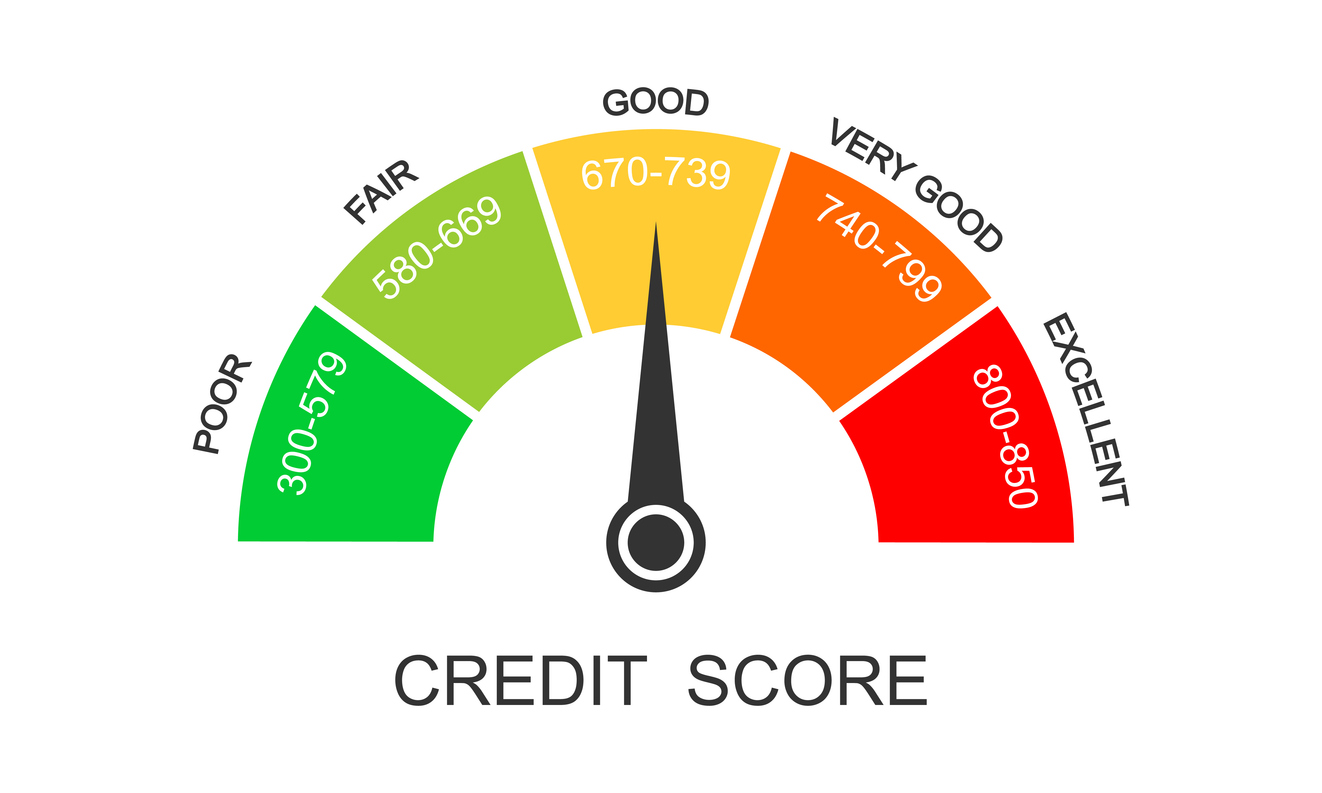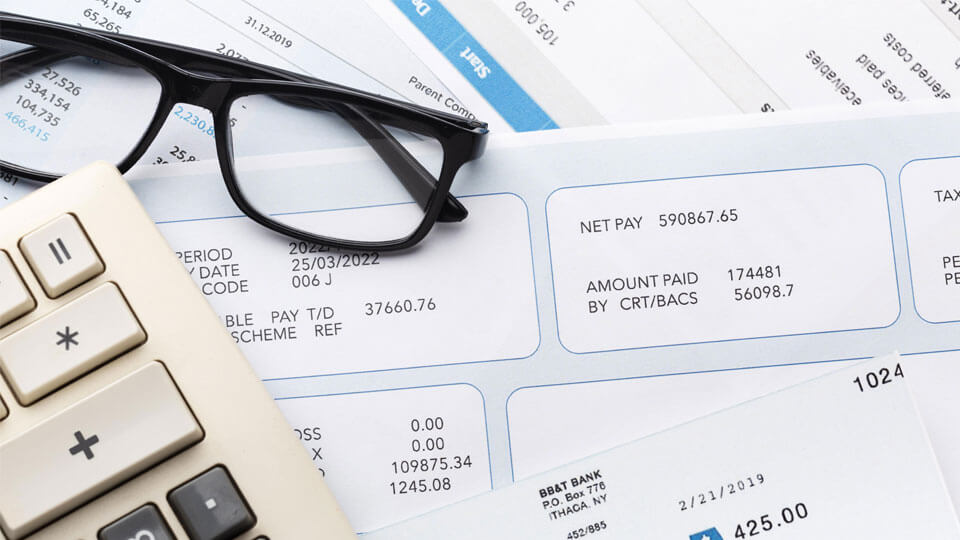Do you want to get a mortgage or refinance but have a low credit score? Unfortunately, a low credit score can hold us back from many of our financial goals. But increasing your credit score considerably isn’t as difficult as you might think.
Learn below about raising your credit score from 500 to 700, then talk to one of our loan advisors if you’re looking for a mortgage. We can work with many types of credit profiles and look forward to getting you into your dream home.
Why Your Credit Score Matters for Getting a Mortgage
Credit isn’t the only thing that matters when getting a mortgage, but it’s pretty important. Most lenders want to see a credit score in the 700s to get the best mortgage rates in 2024. With rates still high, having a higher score allows you to get a lower rate that can save you money.
That said, you’re not completely out of luck getting a mortgage with a lower credit score. There are Fannie Mae and Freddie Mac mortgages, also called conventional mortgages, where a score in the mid-600s won’t necessarily stop you from getting a mortgage. Also, FHA loans are available to buyers with a 580 credit score and a 3.5% down payment.
One of the reasons to consolidate debt is to improve your credit score so you can qualify for a mortgage with a competitive rate.
However, you will have an easier time getting approved and finding more loan options with a 700 credit score.
Tips For Raising Your Credit Score From 500 to 700
At least a year before you want to get a mortgage, you should begin doing the tips outlined below to raise your score from 500 to 700:
• Review your credit report: You can get a free copy of your credit report every year. Check your credit report for errors and if there are, enter a dispute with the credit agency in question.
• Pay all bills on time: Paying all bills on time is a major factor in a high credit score over 700. This means rent, credit cards, auto loans, student loans, etc. Smart Lending suggest paying your bills a week before they are due in case there are an errors so you will avoid being reported delinquent.
• Pay off credit card balances: If you have extra cash, pay down your credit card balances. Nothing will raise your score faster than paying down credit cards and reducing the amount of credit you are using. Paying off a $5,000 balance on a credit card could easily raise your score 50 points immediately. Ensuring your balance remains low when the card issuer reports it to the credit bureaus is crucial, as it directly impacts your credit score calculation. One straightforward approach is to reduce the balance before the billing cycle concludes or to make multiple payments throughout the month to consistently maintain a low balance.
• Keep old credit cards open: Even if the card is paid off, leave the credit line open. Closing credit cards reduces the amount of credit available and may hurt your score.
• Keep your credit utilization under 30%: Credit bureaus like to see a low credit utilization. So if you have used up most of your credit card lines, work on paying those down in the year before you apply for a mortgage. Getting them down to 30% or less will really boost your score. When your credit limit increases while your balance remains unchanged, it promptly reduces your overall credit utilization, potentially enhancing your credit profile. If your income has increased or you’ve accumulated more years of positive credit history, you stand a good chance of securing a higher limit.
• Diversify your types of credit: Having several types of credit, such as a car loan, personal loan, and a credit card can impact your score and raise it.
• Have patience: You will not raise your score 100 points in a week. Raising your score substantially requires you to have good credit habits consistently. Keep up with the habits mentioned here for at least a year and you will see results.
• Don’t apply for new credit: Every time you open a new credit account, there will be a hard inquiry on your credit report. While building your score, refrain from taking out any new credit lines. Wait until you have a mortgage approved and closed before opening new credit lines.
Many financial experts say it can take one or two years to raise your credit score from 500 to 700. If you are patient and pay your bills on time, you will eventually have success.
Summary on How to Raise Your Credit Scores
Raising your score from 500 to 700 is possible for most people. It just takes time. With the good credit habits we mention above, you will be on the road to raising your score from 500 to 700 in no time! Keep in mind that you don’t have to have flawless credit to get a mortgage; you just need to have a score well into the 600s usually and a steady payment history on your report for the previous one or two years.
Smart Lending will match you with mortgage lenders can review your credit profile and finances and help you find the perfect mortgage product for your needs. Just talk to one of our loan experts today to get started!
Is There an Easy Way to Check My Credit Score for Free?
Review your credit card, financial institution, or loan statement. Numerous credit card issuers, banks, and lending institutions now furnish credit scores to their clients. These scores may be available on your statement or accessible online by logging into your account.
Utilize a credit score service or a complimentary credit scoring website. Certain platforms offer free credit scores to users, while others may furnish credit scores to subscribers of credit monitoring services who pay a monthly subscription fee.
Credit Report Tips from the Federal Trade Commission
Did you know the data contained within your credit report holds significant sway over your purchasing capability. It also impacts your prospects of securing employment, renting or purchasing a residence, and obtaining insurance. Credit bureaus market the information within your report to enterprises that utilize it to determine whether to extend loans, grant credit, provide insurance coverage, or lease housing accommodations.
Additionally, some employers incorporate credit reports into their hiring evaluations. Furthermore, the robustness of your credit history influences the interest rates you’ll encounter when borrowing funds.\
Credit Report Resources:
- Consumer Finance Protection Bureau
- Free Credit Report Advice from the FTC
- How to Check Your Credit Scores


